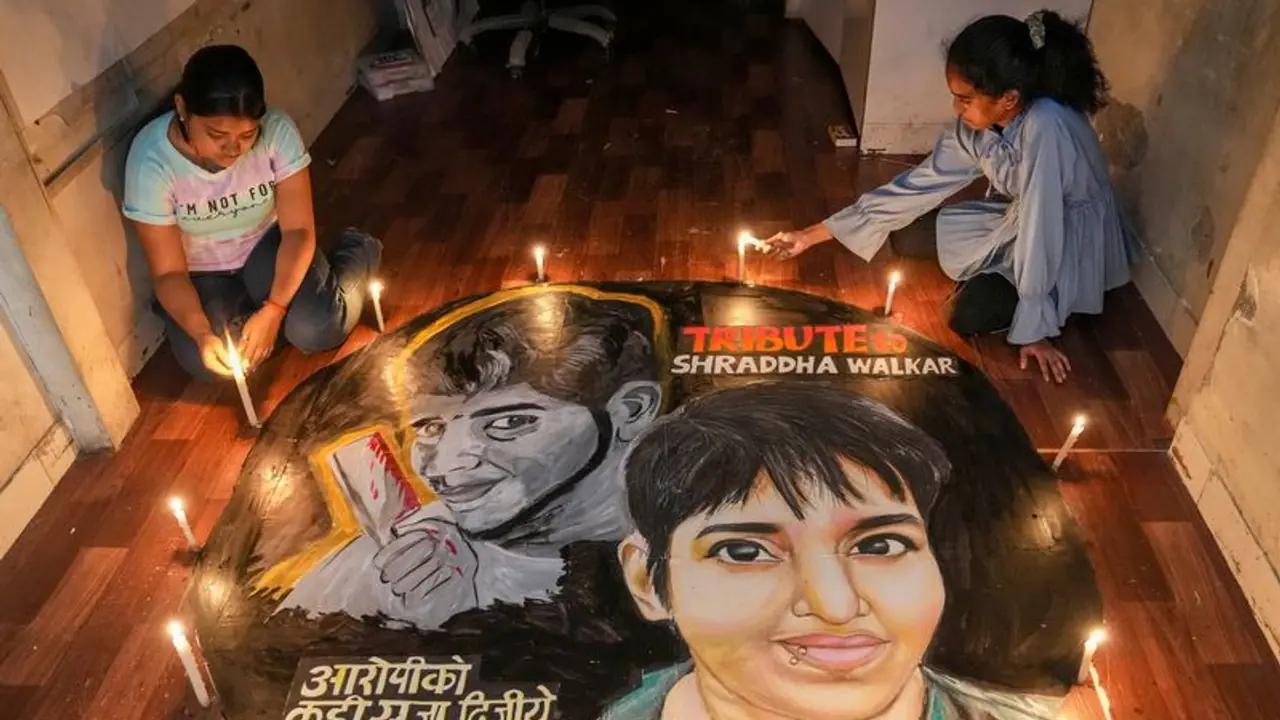In a major development, police recovered 10 bones from Shraddha's lower back. The Delhi Police moved Saket court to conduct Narco test on Aftab Poonawala accused of murdering his live-in partner Shraddha Walker in Delhi's Chhatarpur area. The police has received a go-ahead for the same.
The Delhi Police will be conducting narco test on Aaftab Poonawala, accused of brutally murdering his partner Shraddha Walker. Aaftab Poonawala, who allegedly killed his live-in partner Shraddha Walker, is likely to undergo a lie detector test, according to a motion made by Delhi Police to Saket Court. The test will be carried out based on a court order.

The Delhi Police approached the court to get permission to conduct narco test and received a nod for the same. In the case of narco test, the consent of the accused is necessary.
Meanwhile, Police reportedly found 10 bones in the Mehrauli forest region, which is another crucial step in the murder of Shraddha Walker. These parts would be matched with the DNA of the victim's father - Vikas Walker. According to reports, over the course of the inquiry, police officers found a sizable bone in Shraddha's lower back. The body pieces that were found are currently being transferred for forensic analysis.
Also Read | 'Would have killed Shraddha a week earlier but...' Aaftab's confession to Delhi Police
Aaftab Poonawala, 28, is accused of killing Shraddha Walker in May at their rental home in the Chhatarpur, neighbourhood of South Delhi. Over the course of 18 days, Aaftab dumped Shraddha's body parts in a jungle after murdering her. The entire country has been outraged by the awful details of the murder.
He reportedly chopped the victim into pieces with a knife that was 1.5 feet long. According to reports, Aaftab admitted to authorities that he minced the liver and intestines before disposing of them. It is assumed that Aaftab Poonawala, a chef by profession, knew exactly where and how to cut into Shraddha's flesh. The Chhatarpur and Mehrauli forests were used to dispose of the liver and intestines.
